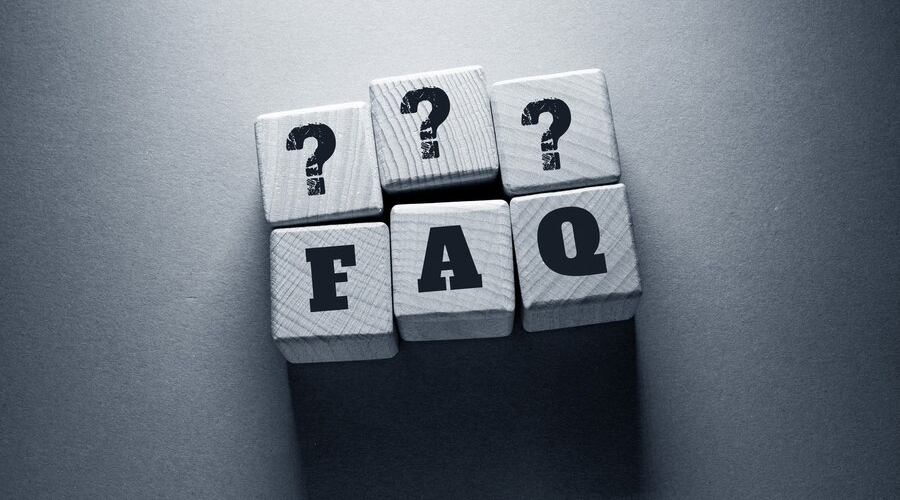Down payments typically range from 3% to 20% of the home’s price. A larger down payment can reduce your monthly mortgage and avoid PMI.
Pre-qualification is an informal estimate of your borrowing power. Pre-approval is a formal process with verified financial details, giving you a stronger buying position.
Closing costs include fees like loan origination, appraisal, and title insurance, usually totaling 2% to 5% of the purchase price.
The process generally takes 30 to 60 days from offer acceptance to closing, depending on inspections and financing.
A home inspection evaluates the property’s condition to identify issues and inform your decision to buy or negotiate repairs.
Title insurance protects you from future claims or disputes over property ownership not identified during the title search.
Choose an agent with experience, local knowledge, and good communication skills to guide you through the buying process.
Earnest money is a deposit made to show your commitment to the purchase, which is held in escrow until closing.
Review recent sales of similar homes in the area and compare them to the listing price to assess fairness.
You’ll enter the escrow phase, complete inspections, secure financing, and finalize paperwork before closing on the home.
A contingency is a condition in your offer that must be met for the sale to proceed, such as securing financing or passing inspections.
Compare lenders based on interest rates, fees, and customer service. Look for one that offers competitive rates and fits your financial needs.
A pre-approval letter confirms the lender’s commitment to providing you with a loan up to a specified amount, based on your financial status.
Property taxes are annual taxes based on the value of your property, used to fund local services like schools and infrastructure.
Private Mortgage Insurance (PMI) is required if your down payment is less than 20% of the home’s price. It protects the lender if you default on the loan.
HOAs manage community rules and amenities and charge fees. Review their rules, fees, and how they may impact your living experience.
An appraisal contingency allows you to renegotiate or withdraw your offer if the property appraises for less than the agreed purchase price.
Review your closing disclosure, ensure all conditions are met, and prepare funds for closing costs. Confirm details with your agent and lender.
A closing disclosure is a detailed statement of your loan terms, including the final costs, fees, and monthly payment amounts, provided before closing.
You’ll enter the escrow phase, complete inspections, secure financing, and finalize paperwork before closing on the home.



